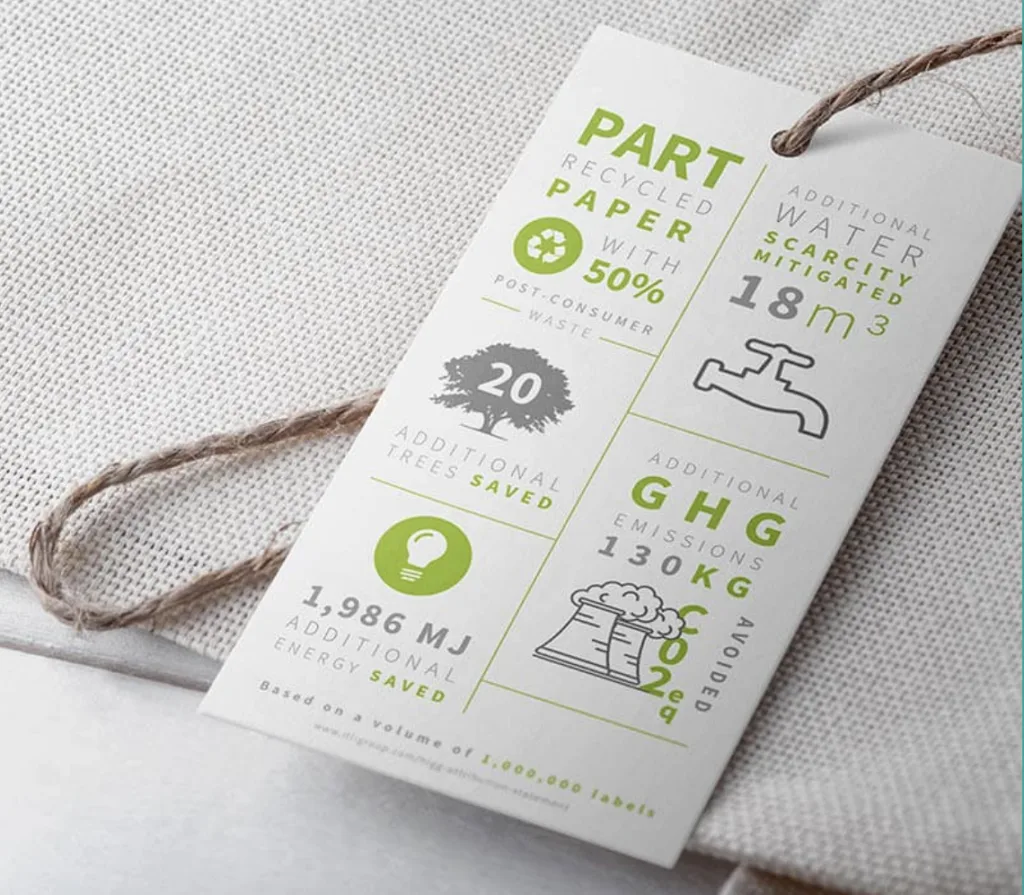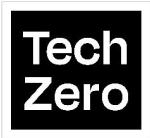As sustainability becomes a key focus in the retail industry, retailers and brands are increasingly seeking ways to meet environmental standards and effectively communicate their efforts to consumers. Life Cycle Assessments (LCAs) are essential tools that help evaluate the environmental impact of products from start to finish. By providing detailed insights into a product’s carbon footprint and resource usage, LCAs enable brands to align with retailer sustainability programs. These programs empower consumers to make informed choices and support eco-friendly products, while also encouraging companies to adopt greener practices.
What is an LCA?
A Life Cycle Assessment (LCA), or Life Cycle Analysis, is a systematic approach to evaluating the environmental impacts associated with a product throughout its entire life cycle. From raw material extraction to manufacturing, transportation, usage, and disposal, LCAs provide a holistic view of a product’s carbon footprint and other environmental consequences.
By quantifying impacts such as greenhouse gas emissions, water consumption, and energy use, LCAs enable stakeholders to make informed decisions about material selection and process improvements. This rigorous assessment is crucial for comparing products and identifying opportunities to minimize environmental harm.
What are Retailer Sustainability Programs?
Retailer Sustainability programs help consumers identify products that have a reduced environmental impact. These programs highlight products that meet specific certifications or environmental metrics. This helps the company reduce their environmental impact and meet sustainability goals and empowers customers to make informed decisions and purchase products that align with their sustainability values. A few examples of popular Retailer Sustainability programs include:
Sephora – Planet Aware
Sephora’s Planet Aware program requires brands to meet a certain set of criteria. This includes: sustainable ingredient sourcing and formula, sustainable packaging, corporate commitments and practices, and consumer information and environmental labeling. Brands must meet the requirements for each category to receive the Planet Aware at Sephora seal.
Target – Target Zero
The Target Zero icon identifies products that have a reduced environmental impact. Products can be identified by the following claims: reusable, refillable, plastic alternatives, recycled content, waterless or concentrated, or compostable element. Target Zero is part of the Target Forward sustainability strategy.
Amazon – Climate Pledge Friendly
Climate Pledge Friendly identified products on Amazon must be certified by one of the qualifying sustainability certifications. This includes certifications from governmental agencies, non-profits, independent laboratories, and more reputable programs. Climate Pledge Friendly is part of The Climate Pledge to be net-zero by 2040.

How can LCAs ensure compliance with Retailer Sustainability?
Life Cycle Assessments (LCAs) play a pivotal role in ensuring that products align with the sustainability criteria of retail programs such as Sephora’s Planet Aware, Target Zero, and Amazon Climate Pledge Friendly. Here’s how LCAs contribute:
Verification of Claims: LCAs provide quantifiable evidence to support sustainability claims, such as reduced greenhouse gas emissions, lower water usage, or minimized waste. This data helps brands validate their compliance with the metrics required by these programs.
Identifying Improvement Areas: Through an LCA, brands can pinpoint the stages in a product’s lifecycle that contribute the most to its environmental impact. Addressing these hotspots—whether in raw material extraction, manufacturing, or end-of-life disposal—can help meet and exceed retail program standards.
Transparent Reporting: Retail programs often require proof of impact reduction, such as packaging sustainability or carbon footprint metrics. LCAs offer a structured and standardized way to report these improvements, building trust with both retailers and consumers.
Certification Alignment: Many retail programs are tied to recognized sustainability certifications (e.g., Cradle to Cradle, Fair Trade, or CarbonNeutral). LCAs often form the basis for obtaining these certifications, ensuring that products meet the necessary benchmarks for inclusion.
Key Takeaways
Life Cycle Assessments (LCAs) bridge the gap between sustainability goals and actionable results by providing a detailed view of a product’s environmental impact, from raw material sourcing to disposal. This insight enables brands to identify key areas for improvement and align with the criteria of retail programs like Sephora Planet Aware, Target Zero, and Amazon Climate Pledge Friendly. By offering quantifiable metrics, LCAs help companies substantiate environmental claims, ensuring compliance while boosting credibility with consumers and retailers alike. Transparency is key to building trust, and LCAs provide the science-based evidence needed to validate sustainability efforts, fostering confidence in certifications and program seals.
Beyond compliance, LCAs encourage innovation by identifying environmental hotspots that drive the adoption of eco-friendly materials, processes, and designs. This not only enhances a brand’s sustainability leadership but also sets new industry standards. By supporting proactive environmental stewardship, LCAs contribute to a broader transformation, influencing supply chains and consumer habits and paving the way for a greener future across the retail sector.
Next Steps: Certifying Your Products
CarbonBright’s AI-powered LCA software helps organizations accurately measure emissions and meet regulatory standards—at a fraction of the time and cost of traditional methods.
Contact us to get started!
